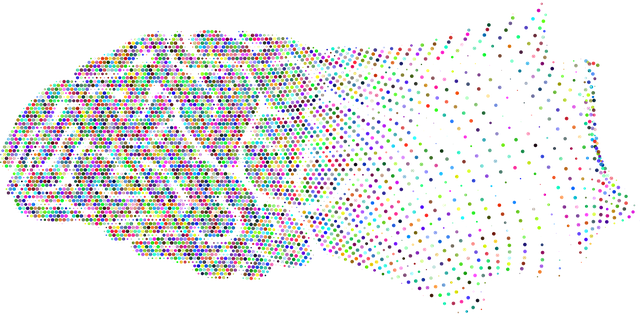Mental wellness journaling provides young adults with a therapeutic space to process thoughts, emotions, and experiences, promoting self-awareness and understanding of their mental health. Incorporating spiritual or religious elements offers a unique approach to addressing faith-related issues, aiding in stress management and enhancing overall well-being. Overcoming challenges through goal setting and compassionate practices empowers young adults to maintain mental wellness routines, facilitating insights from therapy for spiritual-religious issues.
“Unwind your mind and embark on a transformative journey with mental wellness journaling—a game-changer for young adults seeking therapy. This powerful tool offers a private sanctuary to explore emotions, thoughts, and experiences. In this article, we guide you through the process, from understanding its benefits to incorporating spiritual and religious elements that resonate with your soul. Learn practical strategies to overcome challenges and cultivate consistent practice, fostering mental wellness and addressing spiritual-religious issues head-on.”
- Understanding Mental Wellness Journaling: A Powerful Tool for Young Adults
- Incorporating Spiritual and Religious Elements in Your Journal
- Overcoming Challenges: Strategies for Consistent Practice
Understanding Mental Wellness Journaling: A Powerful Tool for Young Adults

Mental wellness journaling is a powerful tool designed to help young adults process their thoughts and emotions, offering a therapeutic outlet for expression. By jotting down their experiences, feelings, and reflections, individuals can gain valuable insights into their mental health. This practice encourages self-awareness, helping young people identify patterns in their thinking and behaviors, which is particularly beneficial when navigating the complexities of modern life.
For many, journaling serves as a safe space to explore spiritual-religious issues, provide an outlet for creative expression, and serve as a burnout prevention strategy. It allows healthcare providers to guide patients towards better mental health outcomes, while public awareness campaigns can utilize these practices to promote anxiety relief and overall well-being among young adults.
Incorporating Spiritual and Religious Elements in Your Journal

Incorporating spiritual or religious elements into your mental wellness journal can offer a unique perspective on healing and self-discovery for young adults grappling with related issues. This practice provides an opportunity to explore one’s faith, values, and beliefs as a form of therapy. By integrating these aspects, individuals can gain a deeper sense of purpose and connection, which is beneficial for managing stress and enhancing mental health.
For instance, dedicating a section in your journal to reflecting on daily spiritual practices or religious rituals can help process emotions and provide a safe space for expression. This practice encourages mindfulness, self-reflection, and the development of coping strategies aligned with personal beliefs. Mental health policy analysis and advocacy often highlight the importance of such holistic approaches, as they contribute to overall well-being and can complement traditional therapy methods, especially in addressing spiritual-religious issues among young adults.
Overcoming Challenges: Strategies for Consistent Practice

Overcoming challenges is a common obstacle on the journey to improved mental wellness, especially for young adults navigating life’s complexities. Many face difficulties such as academic pressures, social anxieties, or spiritual-religious issues that can disrupt their consistent practice of self-care routines, including journaling. However, developing resilience is key to embracing these hurdles as opportunities for growth. Young adults can enhance their ability to persevere by incorporating strategies like setting realistic goals and celebrating small victories in their journaling journey.
Mental wellness coaching programs often emphasize the importance of compassion cultivation practices, which encourage self-kindness and understanding. This approach can empower individuals to view challenges as stepping stones towards personal development rather than roadblocks. By fostering a sense of resilience, young adults are better equipped to maintain their mental wellness routine, allowing them to extract profound insights from therapy for spiritual-religious issues and overall well-being enhancement.
Mental wellness journaling can be a transformative practice for young adults, offering a safe space to explore and express emotions. By incorporating spiritual and religious elements, individuals can deepen their understanding of themselves and find solace in their beliefs. Overcoming challenges through consistent practice enhances mental resilience, making it an effective therapy for young adults navigating spiritual-religious issues. Embrace this journaling journey as a powerful tool for personal growth and improved mental wellness.













